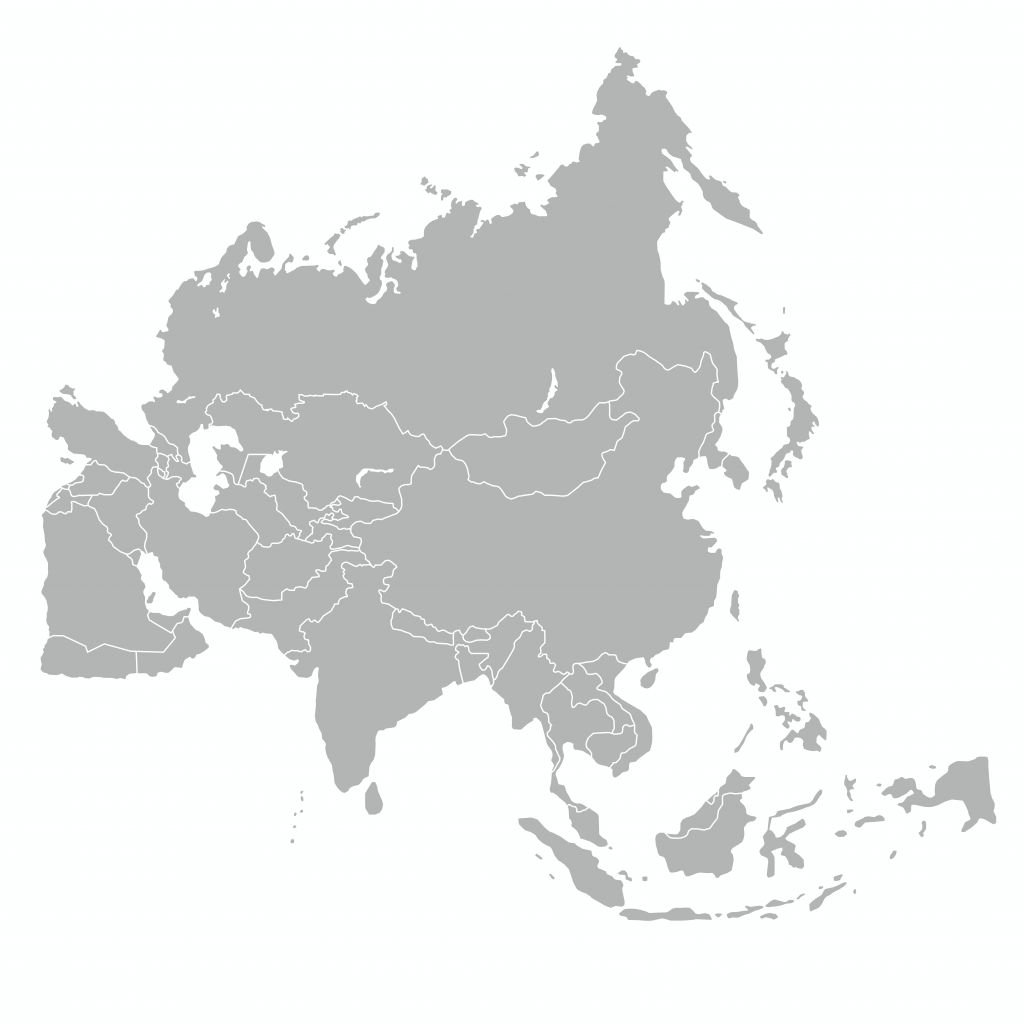Masahiko Hayakawa, head of targeted protein degradation at Astellas Pharma Inc., gives us some insights into the state of the biopharma industry in 2023.
Astellas is a Japanese headquartered pharmaceutical company active in more than 70 countries around the world. It promotes a ‘focus area approach’ designed to identify opportunities for the continuous creation of new drugs to address diseases with high unmet medical needs by focusing on biology and modality.
Where is the APAC region headed in biopharma in 2023? The global scene overall?
In 2023, the APAC region will continue to solidify its spot as a major research hub in the biopharma industry.
We are seeing talent and research coming from existing centers of innovation in the life sciences across the globe – including Tsukuba, Japan (where Astellas has a research center) and China in the APAC region, as well as U.S. regions such as Cambridge, Mass., and the San Francisco Bay Area.
A technology expected to expand in 2023, both in these local and global epicenters of innovation, is targeted protein degradation (TPD), specifically for cancer treatment. While TPD still exists as an emerging treatment option, our research has shown that this treatment methodology has the potential to target previously considered “undruggable” cancer drivers by accessing, eliminating, or reprogramming mutations and creating more promising treatment options for cancer patients across the globe.
How do you think pharma will approach partnerships in 2023 and beyond?
The biopharma and life science industries are evolving at an exponential rate, and new research expected to positively impact patients is being published daily. While these high levels of innovation are promising, most pharmaceutical companies do not have enough resources on-hand to invest in all of the prosperous research areas.
Creating strategic partnerships with bio-ventures and academia, for example, are ways to combat this shortage of resources, create innovation and positively impact the health of those around the globe. We also see a large potential in bio-ventures in the APAC region. We are actively seeking collaboration opportunities in order to access capabilities beyond our organization that help us realize innovation and address unmet medical needs.
The world continues to become more interconnected, as will the biopharmaceutical industry in its approach to producing research and creating treatment options for varied disease types.
What is one thing you’re looking forward to in 2023?
As a company, we are very excited for the potential of TPD research to create strides in cancer treatment, specifically for KRAS G12D, the Kirsten Rat Sarcoma Virus Oncogene Homolog, which has been notoriously difficult to treat with standard therapy options.
In fact, KRAS G12D is considered one of the largest undruggable targets. At Astellas, we have created ASP3082, the first compound utilizing TPD technology to advance to clinical trials in the world for KRAS G12D. After selecting ASP3082 as a new drug candidate, we achieved investigational new drug (IND) submission in one year.
In June 2022, ASP3082 was administered to the first patient and is currently being studied in clinical trials. In 2023, we look forward to continuing our focus on TPD technology and collaborations that allow us to better treat patients who are dealing with debilitating diseases like cancer.
The APAC region, including Japan, has a strong presence in this field, and we also look forward to seeing new degraders from here in the near future.
What is one thing you’re concerned about in 2023?
As many pharmaceutical and biotechnology companies are seeing, competition for research talent is intensifying and retaining researchers is an increasingly difficult task globally.
Companies can increase their odds for retaining employees by giving employees autonomy to pursue individual interests and passions within the workplace. When employees are working towards broader, organizational goals set by the company and individual goals, we’ve seen individuals thrive. This system of individuality allows employees to grow within a company for the long-term and avoid becoming stagnant.
At Astellas, we have implemented this people-first approach by reforming our research organization to foster a more agile and motivated environment. As we look ahead to 2023, we will continue to implement this people-first approach and encourage other pharmaceuticals to consider this approach to help attract and retain talent in a challenging market.
Hayakawa has more than 25 years of pharmaceutical industry experience, beginning his career at Yamanouchi Pharmaceutical Co., Ltd. in 1994, one of predecessor companies of Astellas. Since then, he has led research activities in oncology and urology, creating multiple clinical and launched products.





